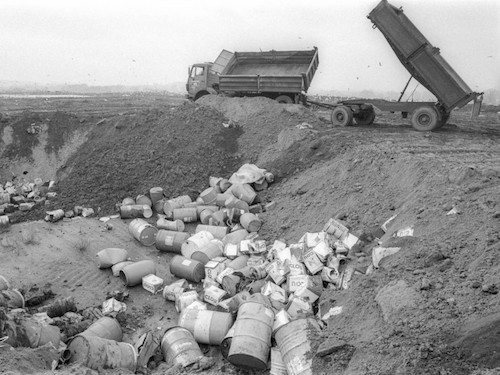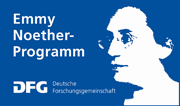Toxic Divide? The Hazardous Waste Trade between the Two Germanys, 1970-2000.
Jonas Stuck
Watch Video here
During the years of division, West-Germany exported millions of tons of toxic waste to its East-German neighbor, in order to dispose of hazardous waste cost-effectively and without attracting political opposition, thus externalizing the environmental and economic costs produced by an affluent society. For nearly 20 years, this lucrative business model meant a profitable foreign currency import that was important for the weak East-German economy in order to improve its living conditions. However, the externalization of toxic waste revealed the environmental inequalities and injustices between the two Germanys during the Cold War power constellations. The East-German dump sites and the toxic waste incinerator, uniquely built for Western waste, operated below Western standards and without proper waste management technologies or solutions. As a result, drinking water was poisoned, the air became polluted and humans and more-than-humans were harmed for generations to come.

The culmination of this environmentally-devastating situation was Schönberg, Europe’s biggest toxic waste dump during the 1990s located less than five miles behind the border, which attracted waste from all over Europe. Nonetheless, what started out with West-Germany benefiting from East-Germany’s toxic burdens, resulted in a shared load after the Iron Curtain fell and the two countries became reunified. This project investigates toxic waste regimes within the Global North and discusses the dynamics behind the externalization of environmental bads from West- to East-Germany. This case study, is, therefore, a thought-provoking addition to our group because it looks beyond global North-South dynamics. At the same time it analyses hazardous waste within the discourses of knowledge and power, (post-)colonialism, societal constellations, economic dependences, and geographies of inequality, which interlinks with the general scheme of the group project “Hazardous Travels: Ghost Acres and the Global Waste Economy.”
Contact: jonas.stuck@rcc.lmu.de
Visual Exhibition: jonasstuck.com/waste/







